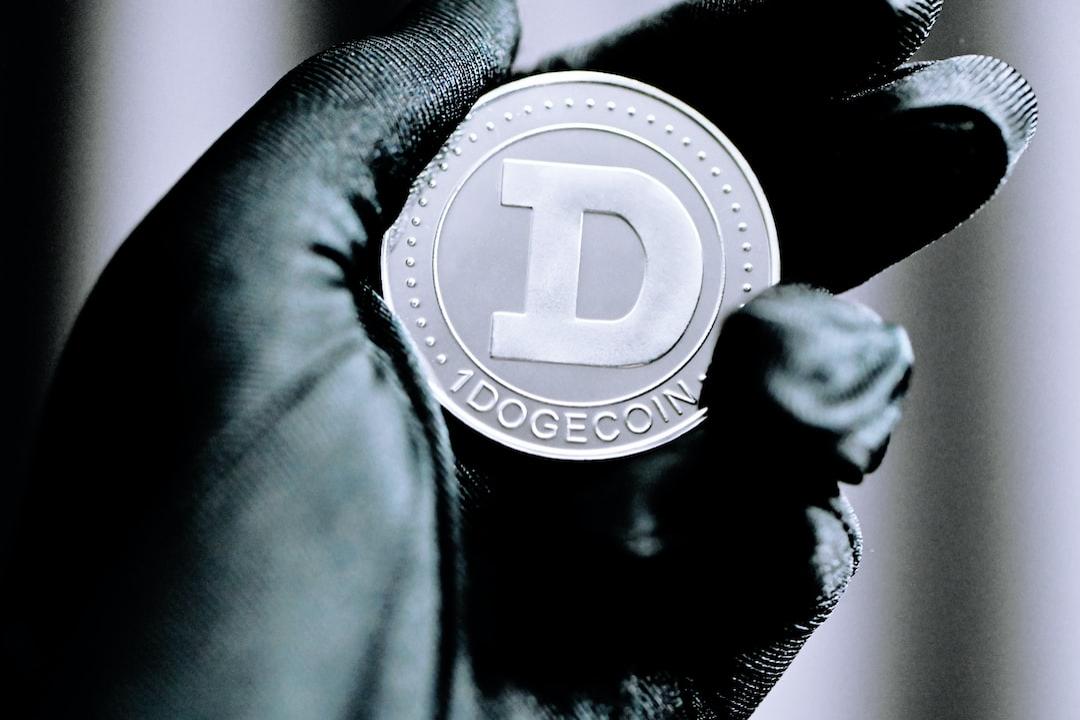What Happened?
The Maldives has announced the establishment of the “Maldives International Finance Centre” in the capital city of Malé, focusing on blockchain, digital assets, and Web3 technologies to create a new global hub for crypto finance.
This initiative is primarily supported by MBS Global Investments, a Dubai-based investment firm owned by members of the Qatari royal family.
The Maldives is facing a severe debt crisis and hopes to attract global investment from the crypto sector through this development project, aiming to reduce its over-reliance on tourism and fisheries.
Maldives to Build an $8.8 Billion Crypto Free Financial Zone
According to Bloomberg, the Maldivian government recently announced a collaboration with Dubai’s MBS Global Investments to launch a massive construction project in the capital city of Malé, valued at up to $8.8 billion, to establish the “Maldives International Finance Centre (MIFC).” This financial center is expected to be completed within five years, focusing on blockchain, digital assets, and Web3 technologies, with the goal of becoming a new hub for global crypto finance.
MBS is a family office owned by Sheikh Nayef Bin Eid Al Thani, a member of the Qatari royal family and the main supporter of this initiative. According to the Maldives International Finance Centre’s website, this center will be designed as a “freezone” specifically for blockchain and digital assets, featuring an international conference center accommodating 3,500 people, along with three residential and office buildings. Residents will enjoy multi-currency accounts and private offshore banking services.
Moreover, the entire project is set to employ up to 16,000 workers, which is equivalent to creating an independent micro-city for the Maldives, a country with a population of only 500,000.
Burdened by Huge External Debt, Maldives Urgently Needs Financial Resources
Foreign media reports indicate that the Maldives hopes to attract direct foreign investment from global blockchain companies through this large-scale development project, aiming to break free from its over-reliance on tourism and fisheries. The total value of this development project far exceeds the Maldives’ annual GDP of $7 billion, representing a transformative attempt for the local economy.
Currently, the Maldives is facing a serious debt crisis. According to data from U.S. credit rating agency Moody’s, the Maldives has approximately $600 million to $700 million in external debt maturing this year, which will exceed $1 billion by 2026. Last year, the Maldives faced the risk of defaulting on Islamic bonds, but this situation was alleviated after India extended a $50 million interest-free loan.
Moody’s pointed out in September last year that “the Maldives’ external liquidity situation is fragile, and without recent financial injection, it may further deteriorate,” resulting in a downgrade of the country’s credit rating. This situation has compelled the government to seek breakthroughs in emerging sectors, leading to the inception of the MIFC as a solution under these challenging circumstances.
Currently, there are three major crypto finance centers globally, including Dubai, Singapore, and Hong Kong. Dubai is vigorously promoting blockchain applications through the Virtual Assets Regulatory Authority (VARA), even implementing blockchain in its land registration system to achieve real estate tokenization.
Singapore continues to attract Web3 companies by adopting a regulatory approach of “encouraging innovation and not punishing trial and error,” becoming a hub for international digital asset exchanges and venture capital institutions. Hong Kong combines the advantages of both the Chinese and Western markets, attracting blockchain operators through a regulatory sandbox mechanism.
Faced with these resource-rich, policy-clear, and regulatory-mature competitors, the Maldives’ challenge lies in maintaining stable attractiveness through policy while ensuring that the new financial free zone does not become a breeding ground for money laundering or financial crime.
Source: Bloomberg, Cointelegraph

